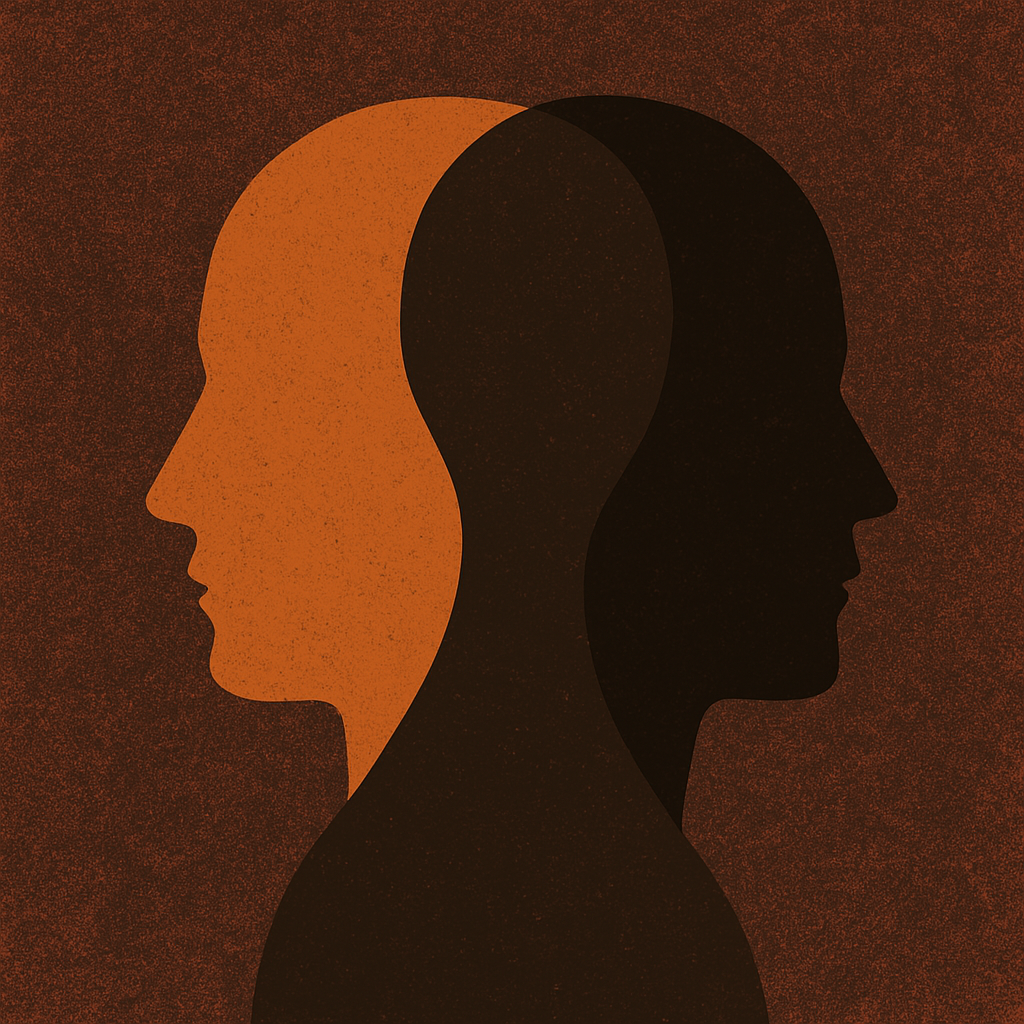
Lying and Autism: Choose Your Double Bind
Lies are easy to spot in others but hard to see in ourselves. I believe this is because the ability to lie is essential for repression. To varying degrees, we all have unpleasant thoughts repressed deep in our psyche, which is how we cope with the contradictions between the irrational aspects of ourselves and the societal demands to be rational.
For society to remain stable, safe, and productive, we expect each other to behave rationally so that we can rely on one another to achieve shared goals. But this agreement is artificial. Our natural impulses are not logical, responsible, or predictable. Each of us is tasked with managing the contradictions that arise.
Autistic people are known to be bad liars. Many refuse to lie and blurt out exactly what they’re thinking. They also point out the lies of others—an autistic trait that many neurotypical people find off-putting. Instead of feeling guilty for lying, they blame the messenger. This is part of the reason autistic people are often criticized for lacking empathy. But this begs the question: Why should we feel empathy for liars?
It’s because lying is inseparable from repression; that is, we have to lie in order to cope with the irresolvable contradictions of life. Lying is not only inescapable but also constitutive of being human; we cannot function as a society—or even as individuals—without it.
Because lies are necessary to repress painful or traumatic thoughts, exposing someone’s lies can be like punching a hole in their pressurized container of repressed thoughts. It might not be just one painful thought that escapes; a whole string of them may be released at once, each connected to the next—one lie leading to another. This can destabilize their sense of self and feel like an existential threat.
Since repression is necessary for everyone, it can seem cruel when an autistic person exposes the lies of others—hence the perception that they lack empathy.
But don’t autistic people have repressed thoughts too? Yes, but fewer. Autistic people cope with civilization and its discontents in different ways. Because they don’t rely on lying and repressing, they often become blind to their own needs and desires. Their behavior becomes rigidly repetitive, predictable, and logical, but many of their irrational needs go unmet, which can erupt as angry outbursts, uncontrollable crying, depression, or “stimming”—which they themselves often don’t understand.
In other words, autistic people can be too civilized. They follow social rules too rigidly, not allowing themselves to transgress, and the consequences manifest not as repression and lying but as uncontrollable and incomprehensible physiological urges.
From this point of view, neither is better: the neurotypical solution of lying and repressing, or the autistic solution of physiological coping. Autistic people will have to accept that neurotypical people need to lie, and neurotypical people will have to accept the physiological coping mechanisms of autistic people.
Empathy is lacking on both sides.
Subscribe
I will email you when I post a new article.


